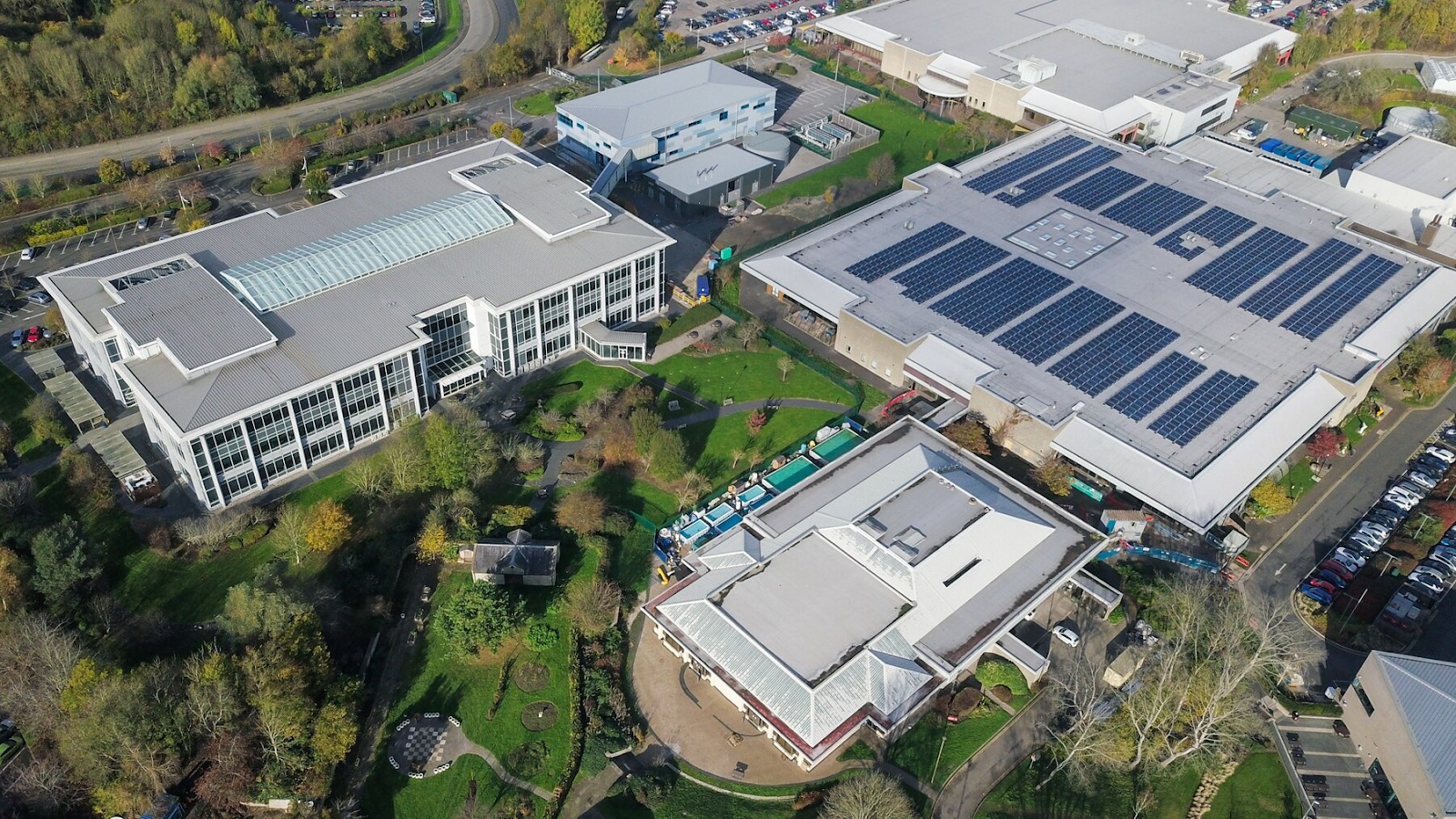Power storage is the backbone of modern energy systems. From electric vehicles to renewable energy grids, batteries play a crucial role. However, not all batteries perform the same over time. Their efficiency, durability, and safety depend on careful monitoring and assessment.
This is where battery cell analysis becomes essential. It helps detect weaknesses, improve energy retention, and enhance battery longevity. Without proper analysis, power storage solutions can become unreliable and unsustainable.
Understanding Battery Cell Analysis
Every battery is made up of individual cells. Each of these cells stores and releases energy in a controlled manner. Over time, chemical and mechanical changes affect their performance.
Battery cell analysis is the process of evaluating these changes. It involves testing voltage, capacity, and thermal behavior to ensure consistent power output. Regular analysis helps identify faulty cells before they lead to failures or inefficiencies.
Ensuring Efficiency in Power Storage
Batteries lose efficiency over time. Factors like temperature fluctuations, charging cycles, and material degradation affect their performance. When cells degrade unevenly, the entire battery system suffers.
Through battery cell analysis, engineers can detect early signs of inefficiency. By understanding how individual cells behave, adjustments can be made to optimize overall power storage. This leads to better energy management and longer-lasting batteries.
Extending the Lifespan of Batteries
Replacing batteries frequently is neither cost-effective nor sustainable. A well-maintained battery can last years longer than a neglected one. Proper analysis helps extend the operational life of batteries.
By monitoring charge retention and discharge patterns, battery cell analysis prevents premature wear. Identifying weaker cells allows targeted maintenance instead of full battery replacements. This reduces waste and saves both resources and money.
Reducing Energy Waste with Proper Analysis
Energy loss is a major concern in battery storage systems. When batteries are inefficient, they drain power faster and require more frequent charging. This leads to wasted electricity and higher energy consumption.
Regular battery cell analysis ensures that energy is stored and used optimally. By preventing unnecessary power loss, it supports sustainable energy usage. Efficient storage solutions contribute to reduced carbon footprints and lower operational costs.
The Role of Battery Cell Analysis in Sustainability
Sustainability in power storage depends on maximizing efficiency and minimizing waste. Batteries are essential for renewable energy systems, but their effectiveness relies on proper monitoring.
Through battery cell analysis, sustainable practices can be maintained. By detecting performance declines early, batteries can be optimized for longer use. This reduces the need for raw materials and minimizes environmental impact.
Advancing Renewable Energy Storage Solutions
Solar and wind energy depend on effective power storage. Since these sources generate power intermittently, efficient battery systems are necessary for consistent energy supply.
With advanced battery cell analysis, renewable energy storage becomes more reliable. It ensures that power is stored efficiently and discharged when needed. This strengthens the role of batteries in green energy transitions.
Conclusion
Sustainable power storage is only possible with proper monitoring and maintenance. Batteries must operate at peak performance to support renewable energy and everyday applications.
Battery cell analysis plays a crucial role in achieving this. It enhances efficiency, extends battery life, and reduces waste. As the demand for clean energy grows, ensuring reliable power storage will be more important than ever.

